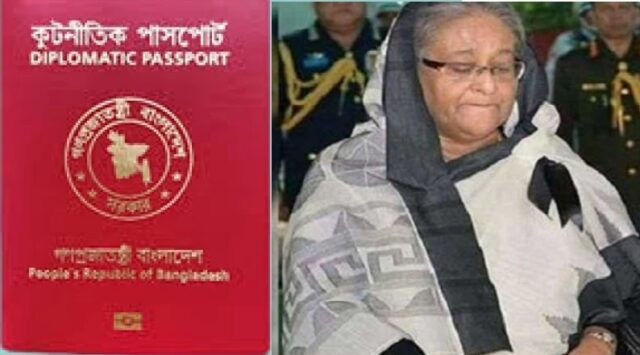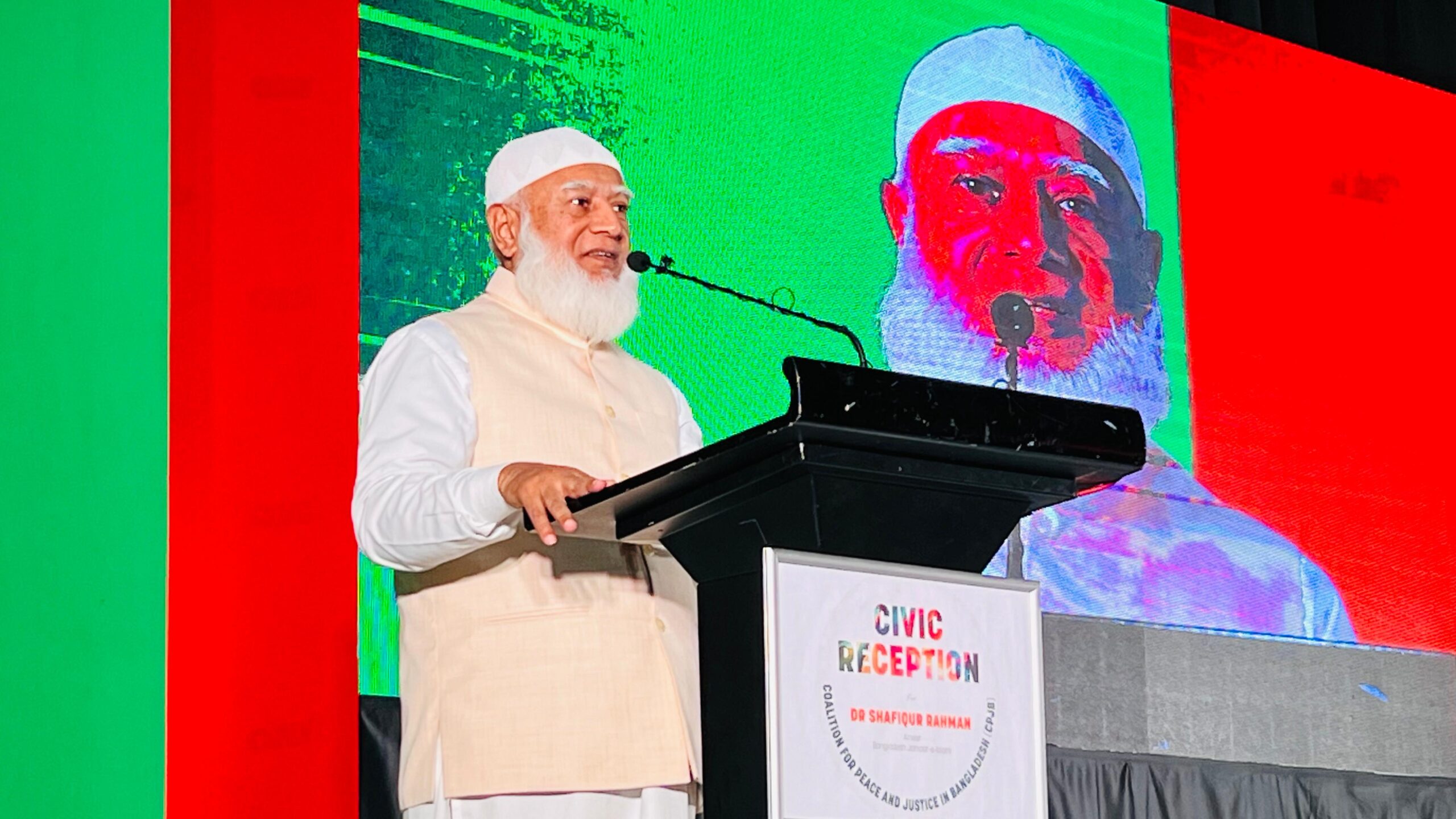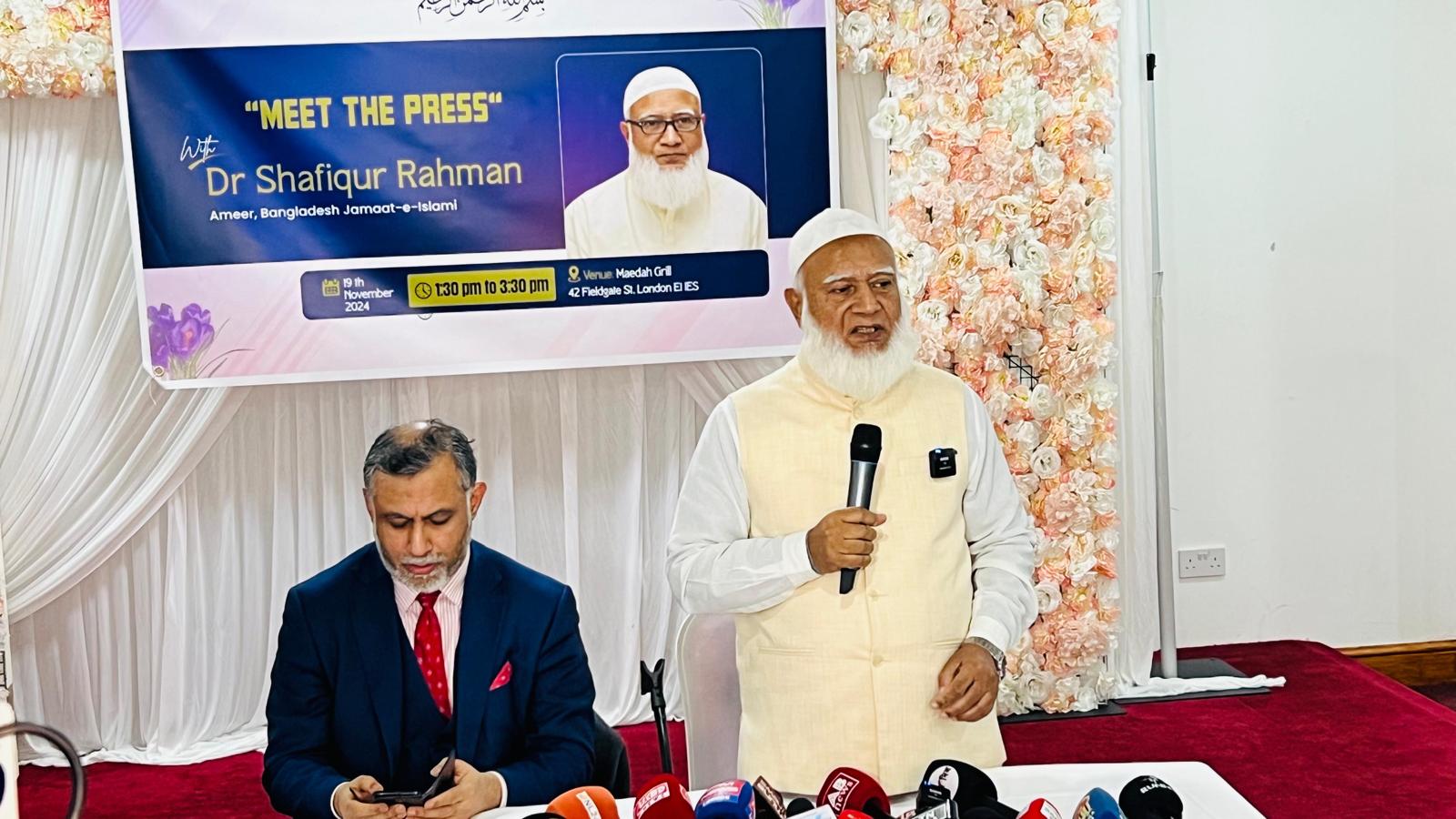Following the fall of Sheikh Hasina’s government due to the student and public uprising, the Interim Government is set to revoke the diplomatic passports (red passports) that were previously issued to former ministers and MPs. The process to take necessary actions in this regard has already begun. Discussions have been held at the Ministry of Home Affairs to finalize the necessary steps. An order to revoke the red passports issued to the former ministers and MPs of the deposed government is expected to be issued within a day or two. It has been confirmed by sources from the Ministry of Home Affairs that former Prime Minister Sheikh Hasina, who is currently seeking refuge in India, held a diplomatic red passport.
If these red passports are revoked, former ministers and MPs who have criminal charges or have been arrested may need to go through legal processes to obtain a regular passport. In such cases, a court order would be required to issue them a regular passport.
On August 5th, former Prime Minister Sheikh Hasina sought refuge in India following the student-led uprising. Several of her former ministers and MPs have already been arrested. Some managed to leave the country before the government fell, but no reports have emerged of anyone fleeing abroad after the government’s collapse. Most former ministers and MPs remain in hiding within the country, and law enforcement agencies continue their efforts to apprehend them.
According to the Ministry of Home Affairs, diplomatic passports, also known as red passports, are issued to heads of state, the prime minister, cabinet members, MPs and their spouses, as well as justices of the higher courts, vice-chancellors of public universities, heads of the Public Service Commission, secretaries of ministries, and officials of Bangladeshi missions abroad. Holders of red passports are typically not required to obtain a visa for foreign travel, as they receive an on-arrival visa upon landing in the destination country.
Sources from the Passport Department have indicated that when a new government is formed, ministers and MPs are usually issued diplomatic passports (red passports) for the duration of their parliamentary term, which is typically five years. Once this term ends, the validity of the passport also expires. If an order to revoke the diplomatic passports is issued, they are typically canceled. As citizens of Bangladesh, these individuals are then eligible to receive a regular passport (green passport). However, if there are criminal charges against any individual, they will not be issued a regular passport unless directed by a court.
Former Foreign Secretary Shahidul Haque explained that the validity of a diplomatic passport ends once the parliamentary term is over or the parliament is dissolved. Typically, those holding diplomatic passports surrender them after their term ends and obtain a regular passport instead.







